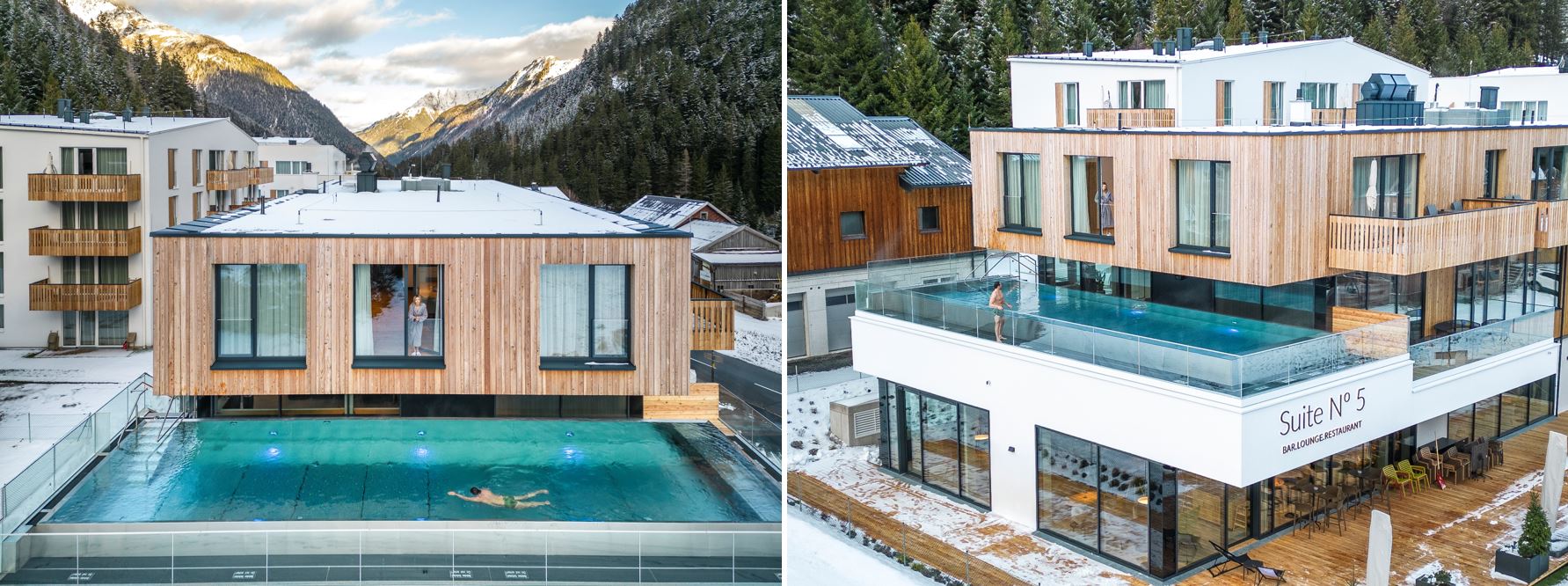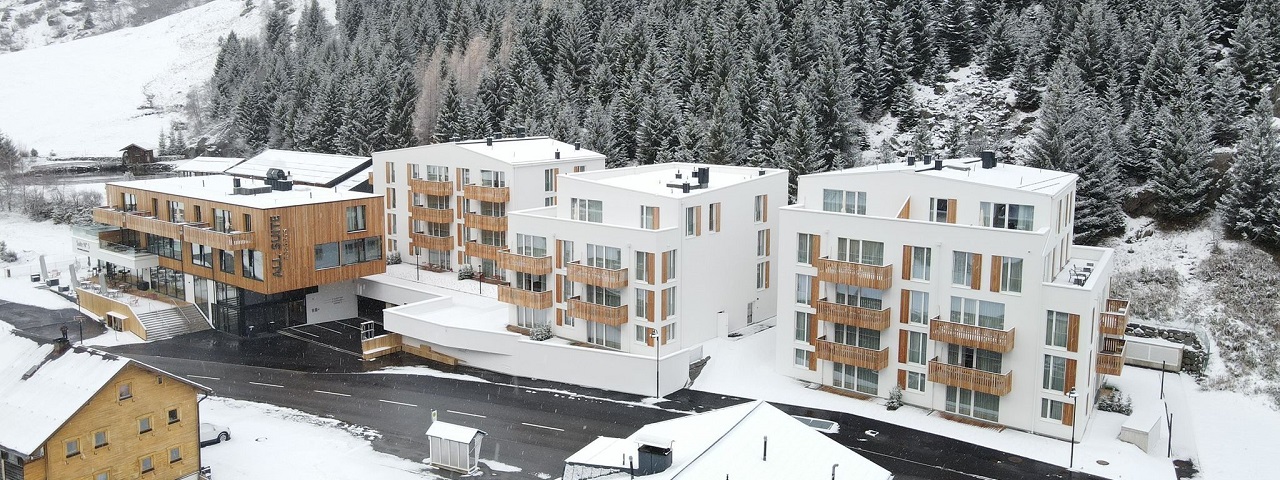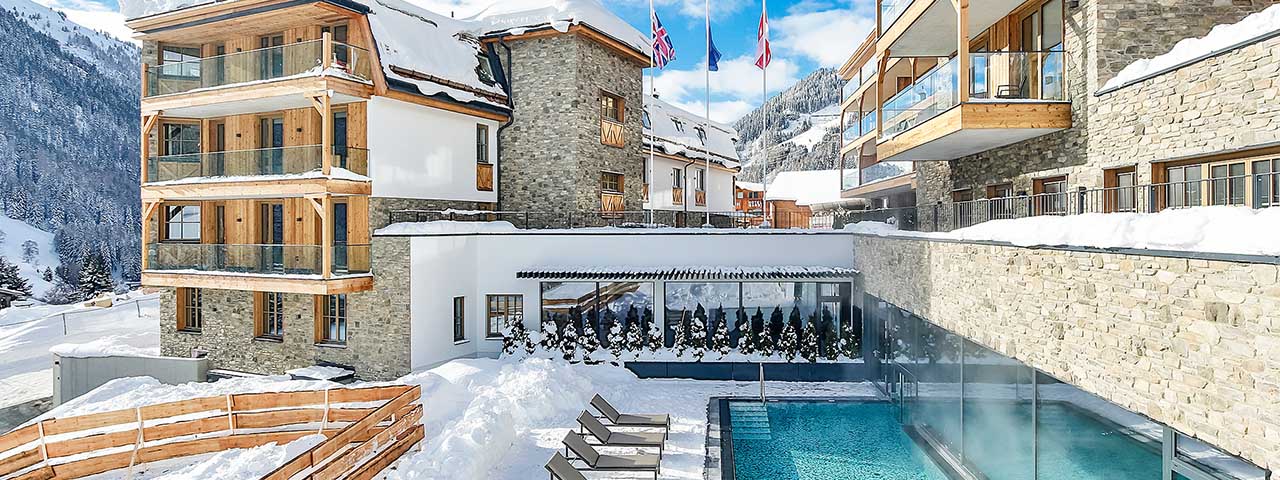According to Hotel Monitor 2024 Powered by Amex GBT Consulting, hotel room rates in Europe are projected to increase by double-digit percentages in 2024 providing a welcome boost for serviced apartment owners.
The report forecasts specific rate increases in key European destinations:
- Munich +7.2%
- Amsterdam +10.8%
- Brussels +6.2%
- Dublin +10.0%
- London +9.1%
Real estate traditionally acts as a hedge during periods of high inflation as the real estate asset holds its value and rental income can be indexed with inflation.
As costs rise for hotels or serviced apartments, the operator passes on the costs to paying tourists in the form of higher overnight rates creating an inflation-proof model.
Another important factor in the higher prices is the surge in post-pandemic travel thanks to pent-up demand. According to Tirol Werbung, in the months from May to the end of September, guest arrivals in Tyrol increased by 5.9 percent to 5.7 million, and overnight stays increased by 1.6 percent to 20.5 million.
This coupled with the imbalance between supply and demand for hotel rooms (developers have not been building enough rooms in the last two years) is pushing up the prices on a global scale.
Keith Barr, CEO of IHG Hotels and Resorts, offers his perspective: “We had robust supply growth over an extended period of time, which did keep rates down. It’s just going to support pricing being where it should have been over time, which is great for this industry.”
In Austria, we are also achieving higher rates on our 2024 bookings.
A professional serviced apartment operator like All-Suite Resorts https://www.all-suite.com/ uses yield marketing software by https://hotelpartner-ym.com/ to adjust its overnight rates every 4 minutes to get the highest yield for apartment owners.
As an example, All-Suite Resorts monitors market data and keeps overnight prices high for key Winter season weeks in the knowledge that supply for rooms in a given location will start to fall and prices rise accordingly.
In other words, they achieve a higher price by not selling out too quickly.
Meanwhile, inflation in the Eurozone after peaking at 10.6% has been on the decline over the past year.
In Germany, the annual inflation rate plunged to 4.3% in September from 6.4% in August.
“This likely is the beginning of an accelerated decline” in eurozone inflation, said Claus Vistesen, the chief Eurozone economist at Pantheon Macroeconomics.
So, in summary, it’s a good time to invest in Tirol thanks to falling inflation and rising overnight prices – plus the shortage of hotel rooms thanks to low levels of development in the last 48 months.
Here some other important benefits to consider:
- Before the pandemic, serviced apartments were the fastest growing accommodation category in Austria with an 18% increase in bookings in Winter 2018 (source: Urlaub in Ferienwohnungen boomt https://tirol.orf.at/news/stories/2904521/)
- Serviced apartments outperformed hotels during a pandemic thanks to well-spaced, self-contained apartments where tourists can arrive in their own car, have the flexibility to cook and avoid communal areas
- Tirol is one the least densely populated areas in Europe with 59 people per square kilometre versus Germany 232, Netherlands 521, England (UK) 424, Belgium 376, Czech Republic 135
- The Summer tourism business is growing fast even in high altitude resorts
- Tourists are lowering their CO2 footprint and choosing closer destinations
- For the apartment owner, there is capital growth in the mid-term
- WFH: more families are spending time in the mountains and skiing when the weather is perfect and working back in the apartment when necessary
- Lifestyle investment: owners can earn up to 4% per annum but also have healthy holidays with family and friends.
Please Contact us today to find out more about our inflation-proof property investments.









